September 03, 2021
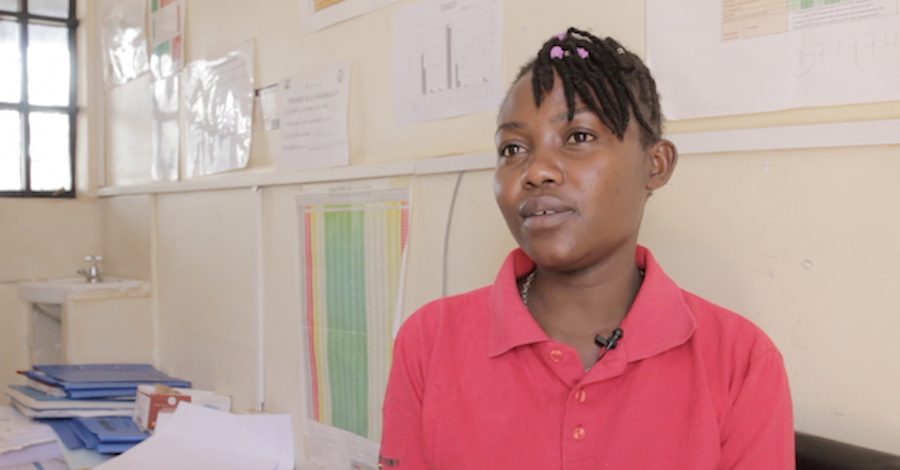
Hear from OTZ heroes — Steve Ooko Opondo, Rubai Kikumba (above), and Ronald Otieno — who share their powerful stories of struggle, stigma, and fear and how they overcame challenges and found restored hope.
HIV is a serious risk among adolescents in Kenya, and Ciheb has been helping address rising infection rates through Operation Triple Zero (OTZ). OTZ uses a contextual “asset-based approach,” whereby adolescents are considered as resources with potential answers to their challenges and are empowered to take responsibility and action for their health.
A Strategy to Address Rising Infection Rates
According to the Kenya AIDS Response Progress Report 2016, individuals between the ages of 15 and 24 years accounted for more than half (51%) of all new HIV infections — with young women being almost twice as likely to acquire HIV as their male counterparts. In 2013, the rate of new infections among this group had been at 29%, representing a rapid rise in new infections in just a few years.
A host of factors have contributed to this rise, including perceptions of HIV risk, unprotected intercourse, and the influence of alcohol or drugs. Adolescents also remain underserved with regards to medical care and confront considerable stigma.
OTZ’s strategy revolves around a commitment to the three zeros: zero missed appointments, zero missed medication, and zero viral load.
- Zero missed appointments: Adolescents commit to adhere and keep all their scheduled clinic appointments to ensure they receive the full package of care and continue in care.
- Zero missed drugs: Adolescents committing to keeping all scheduled clinical appointments means they will never miss their drugs. OTZ empowers adolescents to face any challenges they may have and commit to adhere to their medication 100%.
- Zero viral load: Adolescents commit to be virally suppressed by ensuring optimal adherence to medication, hence good clinical outcomes, improved quality of life, and reduced transmission of HIV among adolescents.
The program also promotes other “zeros,” including zero stigma, zero deaths, zero sex for those abstaining, zero unprotected sex for the sexually active, and zero mother-to-child HIV transmission for pregnant and breastfeeding adolescents and young people, among others. OTZ is part of Ciheb’s Partnership for Advanced Care and Treatment (PACT) Endeleza program, a five-year initiative funded by the U.S. Centers for Disease Control and Prevention under PEPFAR. PACT Endeleza operates OTZ program at 24 care and treatment sites, providing antiretroviral treatment (ART) to 854 adolescents of whom 693 (81%) have been enrolled into the OTZ clubs and 607 (95%) of those eligible for treatment have achieved viral suppression.
PACT Endeleza launched OTZ in December 2016 with five facilities in Nairobi County. During the initial start-up phase, low-risk adolescents readily enrolled into OTZ as they were already committed to the three zeros. "As we progressed we started targeting the high-risk adolescents and viremics so that they can benefit from OTZ," explained Dr. Emmah Momanyi, senior technical advisor for the PACT Endeleza program.
To provide the support for these new clients, the program built on its experience with its initial clients, creating peer groups called “OTZ Clubs.”
The OTZ Clubs
Club members regularly meet to share the challenges they are facing, receive peer support, and come up with their own solutions, including sharing best practices for adhering to treatment. Those who achieve three zeros in the OTZ clubs are called “heroes” and are recognized in front of their peers for their achievement. These heroes speak up and encourage other OTZ members to become heroes, which encourages adolescents and young peoples’ commitment to the three zeros. Facilities that have a high number of adolescents and young people have a dedicated peer educator who coordinates the activities.
The complete OTZ package of care contains three modules: healthcare workers, caregivers, and adolescent modules. OTZ clubs fall under the adolescent module and take into consideration the needs of the adolescent in different groups and circumstances, such as sex, learners in boarding schools, pregnant adolescents, adolescents using and abusing drugs and parental status. An example of this is the OTZ Plus clubs, with “Plus” meaning care for the HIV-positive pregnant adolescent girls. For those who have dropped out of school and/or left their families and are not willing to go back, OTZ Plus provides tailored support.
“What we've done is we've had financial literacy sessions with them, and some have been trained in income generating activities that they can engage in so that they are able to get something to support themselves and their children,” said Dr. Momanyi.
“OTZ champions” are graduates of OTZ who, at the facility-level, are tasked with enrolling new members, providing psychosocial support to newly identified HIV-positive adolescents and young people, providing support to members with high viral loads through pairing, coordinating OTZ clubs, and overseeing various OTZ activities. Twenty OTZ champions have also been enrolled to support club members in their communities with directly observed therapy, ensuring that they are taking their drugs.
Because of the strong support and bonds created in the clubs, some adolescents are reluctant to leave when the time comes for them to transition to adult care. However, some particularly committed graduates of the program qualify to become peer educators. This helps ensure that new adolescents joining OTZ are being supported by someone who has walked the journey they’re embarking on.
Overcoming COVID-19 Challenges
The COVID-19 pandemic necessitated a change in strategy for drug dispensation. OTZ had started multi-month dispensing but was affected by countrywide commodity shortages. “We are in communication with our donor and different stakeholders to track the progress towards availability of commodities and resumption of multi-month dispensing once the stocks are available,” explained Dr. Momanyi.
The adolescents and young people are also engaged continuously on virtual platforms, where their concerns regarding medication are addressed. OTZ is currently offering monthly refills with the option for caregivers to pick up drugs for adolescents, so that they don’t have to come in person. To enhance adherence, there are plans to roll out peer-led community ART groups in five high-volume facilities for OTZ members in June 2021.
Looking to the Future
With the PACT Endeleza program ending in 2021, OTZ operations will transition to be run by the health facilities, Nairobi County through the Nairobi Metropolitan Service (NMS) which currently partners with PACT Endeleza in OTZ rollout, and by the adolescents themselves as part of the OTZ clubs. They are also engaging the Ministry of Education to build the capacity and sensitization of teachers to support learners in schools living with HIV. This, along with the autonomy already present at different levels, ensures that the sustainability of OTZ will not be a challenge, and that adolescents and young people will continue to receive the holistic care necessary for them to lead healthy and fulfilling lives.
OTZ Heroes Video Gallery
Steve Ooko Opondo
Steve Ooko Opondo is a young adult living with HIV in Nairobi, Kenya. This is his story, a story of recovering from a stroke, learning to live with HIV, of finding a safe space within OTZ clubs, and of hope for a better, healthy future.
Rubai Kikumba
Rubai Kikumba is a peer educator living with HIV in Nairobi, Kenya. This is her story, a story of coming to terms with her HIV status, unplanned pregnancy, finding a safe space within OTZ clubs, and her inspiration to help other young adults come to terms with living with HIV.
Ronald Otieno
Ronald Otieno is a teenager living with HIV in Nairobi, Kenya. This is his story, a story of overcoming obstacles, of finding a safe space within OTZ clubs, and of hope for a better, healthy future.
Contact
Center for International Health, Education, and Biosecurity
Institute of Human Virology
Anthony Okoth
Regional Communications Specialist
Related stories
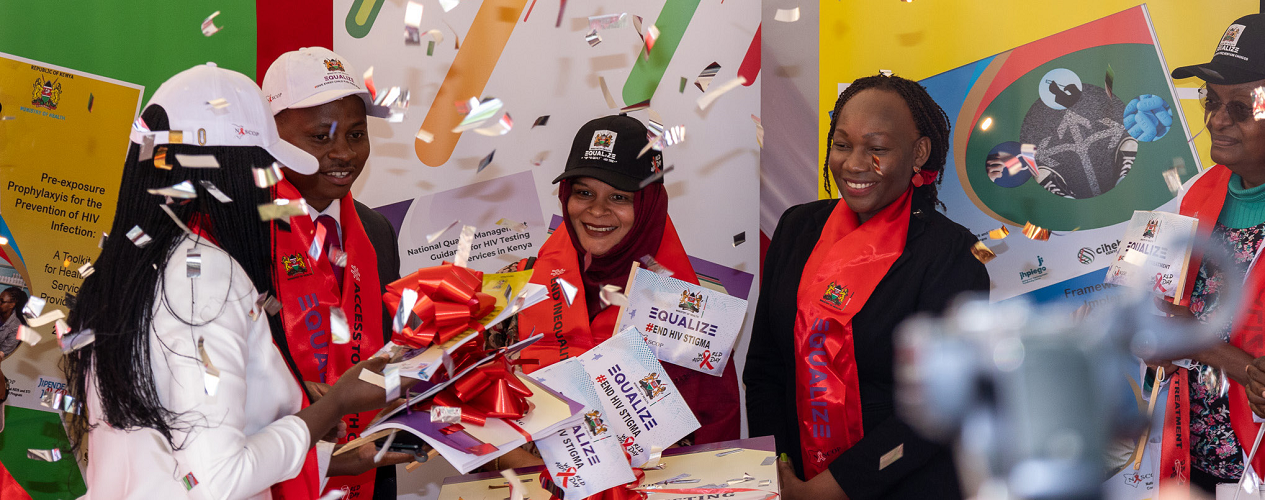
Friday, December 09, 2022
Ciheb-Kenya Joins the Globe in Commemorating the World AIDS Day 2022
Speaking during a pre-World AIDS day event in Nairobi, the Head of the National AIDS and STI Control Program (NASCOP), Dr. Rose Wafula, reiterated that the Ministry of Health, through NASCOP, commits to exploring and connecting the global and national efforts that focus on impact and progress towards the 95-95-95 targets to end the AIDS epidemic by 2030.
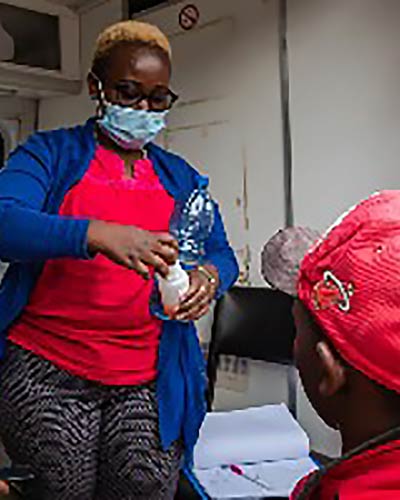
Monday, October 03, 2022
Medically Assisted Therapy Clinic in Kenya Empowers Women
In Nairobi, Ciheb’s PACT Endeleza program, with the assistance of the University of Maryland, Baltimore, and Nairobi City County, established medically assisted therapy (MAT) clinics to reduce the spread of HIV among people who inject drugs (PWID) and provide opioid substitution therapy (OST). These clinics in Mathari and Ngara were established with funding from the President’s Emergency Plan for AIDS relief through the U.S. Centers for Disease Control and Prevention.
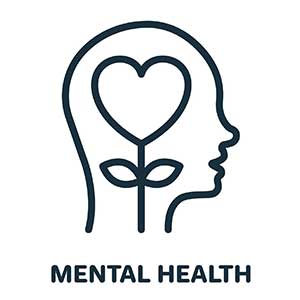
Tuesday, September 20, 2022
Caring for the Caregivers: Mental Health and Healthcare Workers in Kenya
Ciheb Kenya's CONNECT program held a two-day mental health workshop in Nairobi, Kenya. At the workshop, which was tailored for health management teams, facilitators expounded on the importance of good mental hygiene for healthcare workers.
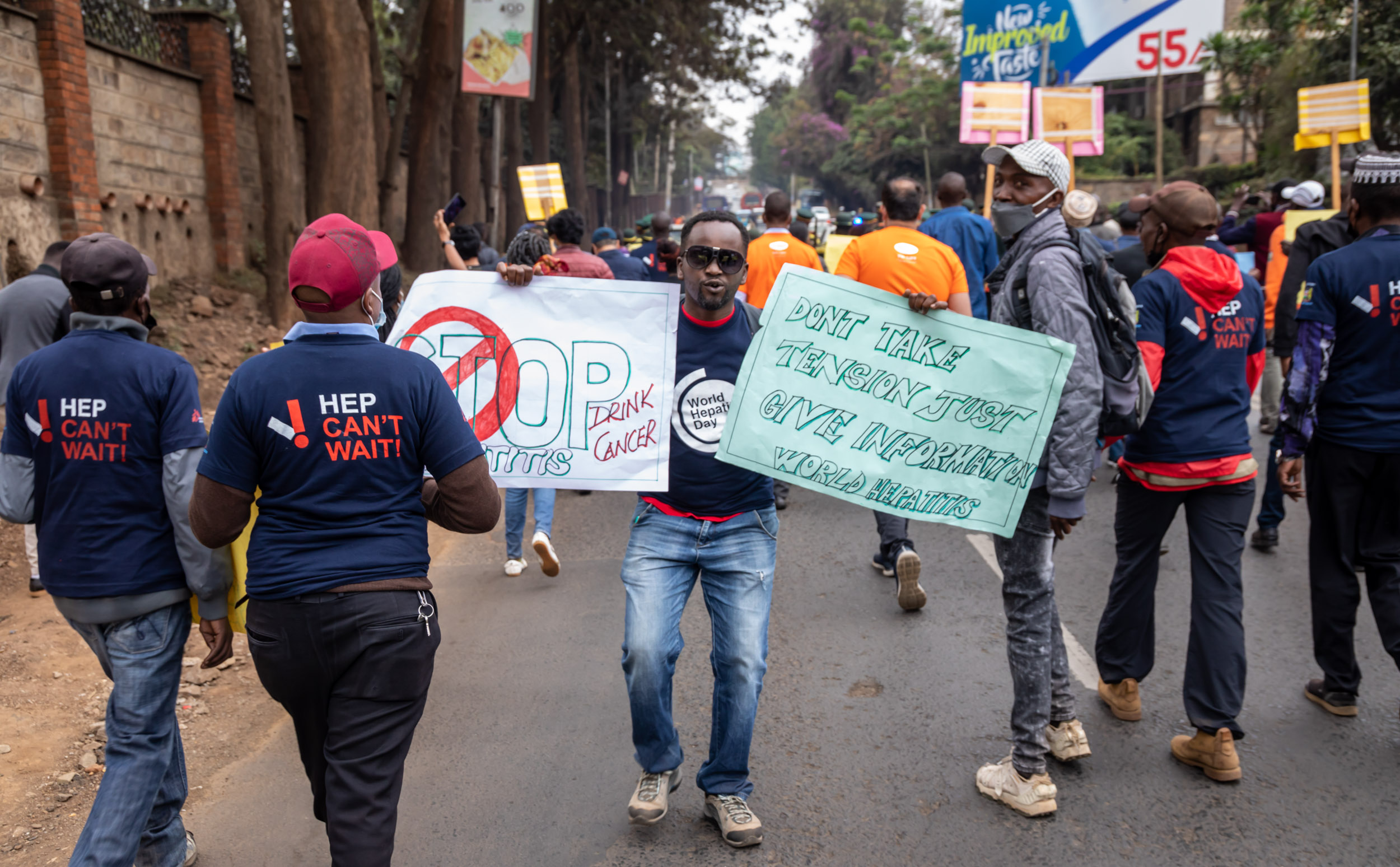
Monday, August 29, 2022
Kenya Celebrates World Hepatitis Day
Hepatitis A, B, and C are the most common of the viral hepatitis in Africa, with the African region accounting for 26% of the global burden for hepatitis B and Cin 2020.
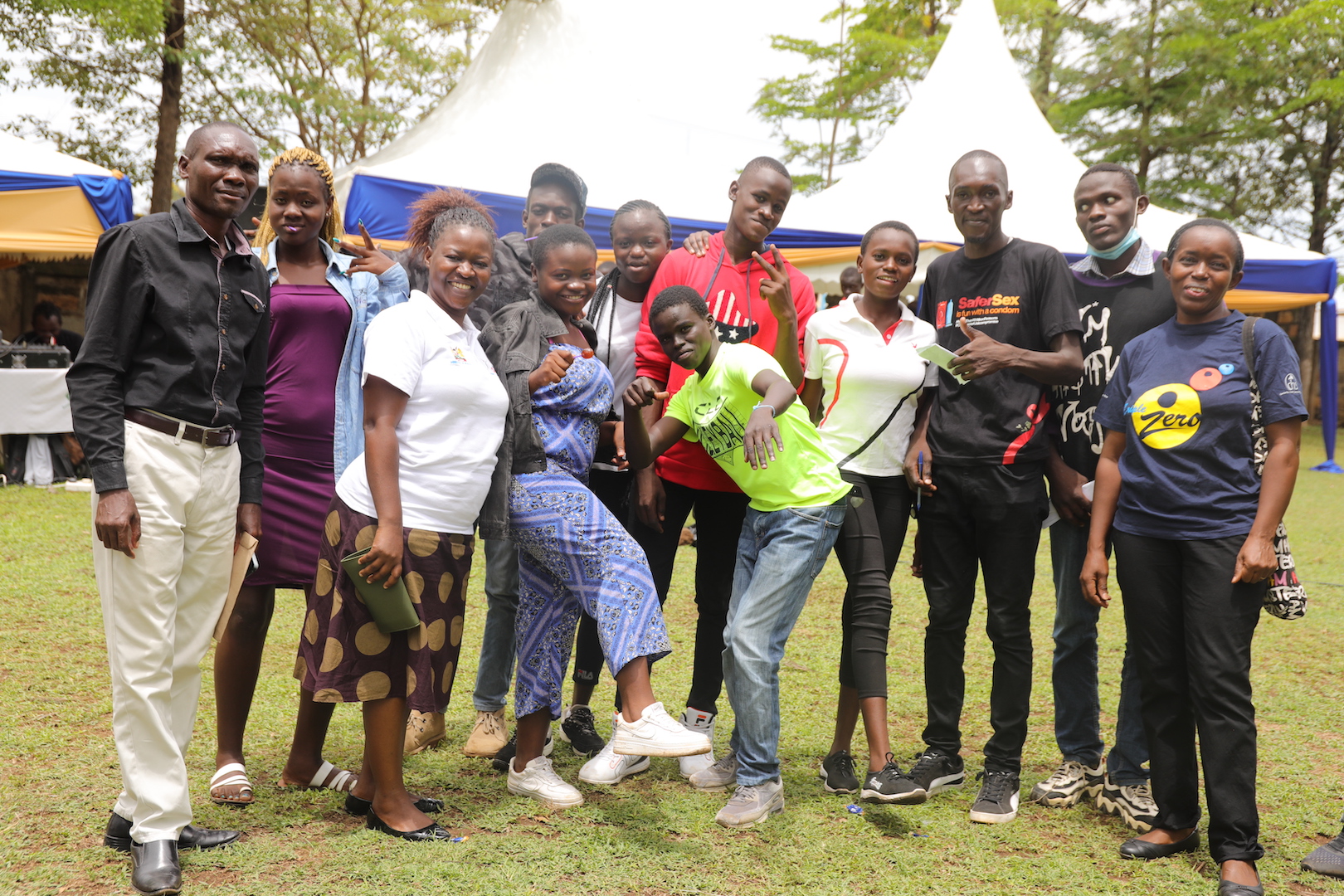
Monday, July 18, 2022
Operation Triple Zero Fun Days Held in Kenya
The OTZ Day participants, drawn from facilities within the counties, presented dances and skits themed on adherence to clinical appointments, medication, and viral suppression.
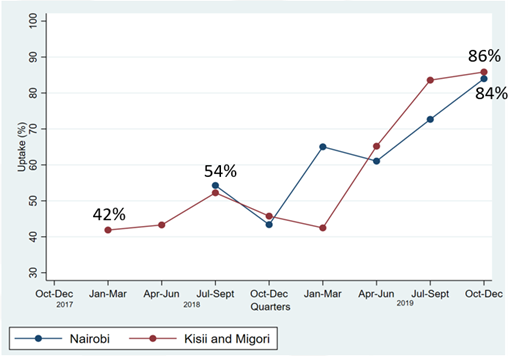
Wednesday, June 01, 2022
New Ciheb Report Compares DSD and Conventional Care
The University of Maryland, Baltimore (UMB) and Ciheb-Kenya recently released a report, “Evaluation of Differentiated Service Delivery Model,” which summarizes results, as related to DSD, from its PACT Endeleza and PACT Timiza programs in Kenya. The evaluation focused on the effect of multi-month dispensing (MMD) (three months or more) compared to conventional care.
Friday, April 29, 2022
CONNECT Program Targets Cervical Cancer
Women living with HIV are at a much higher risk of contracting cervical cancer, which progresses much faster in HIV-positive people due to their compromised immune status.
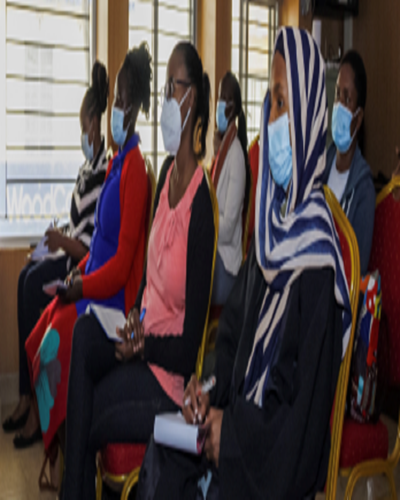
Tuesday, February 01, 2022
A Leader in Cervical Cancer Screenings
Partnership for Advanced Care and Treatment (PACT) Endeleza has supported HIV programming since 2016, but the program scope previously did not include cervical cancer screening. This changed in October 2020 when PACT Endeleza expanded its range of services to screen all women of all reproductive age groups.
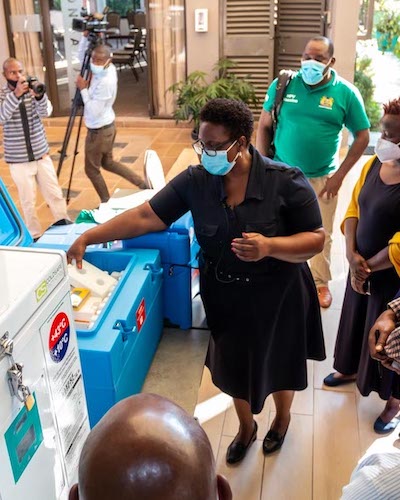
Wednesday, December 08, 2021
Supporting the Rollout of the COVID-19 Vaccine in Kenya
To combat the spread of COVID-19 in Kenya, Ciheb’s local partner, Ciheb-Kenya, received a five-year CDC-funded grant to support national and county activities towards rolling out COVID-19 vaccination. The Technical Assistance to Ready and Accelerate Capacity of public health programs in Kenya (TRACK) program is focused on supporting the development of national policies and training material on COVID-19 vaccination and teaching national trainers to cascade this training to counties.

Friday, October 29, 2021
PrEP used in the fight to end HIV in Kenya
In 2017, the Government of Kenya adopted a new policy called “A Framework for Pre-exposure Prophylaxis of IV in Kenya.” This framework directed the roll out of pre-exposure prophylaxis (PrEP) in Kenya, addressing the key focus areas of: availability, acceptability, accessibility of PrEP, and the holistic integration into the national HIV combination prevention strategy. To align with the government, Ciheb in Kenya’s PACT Endeleza program, which recently ended, also started offering PrEP that same year.
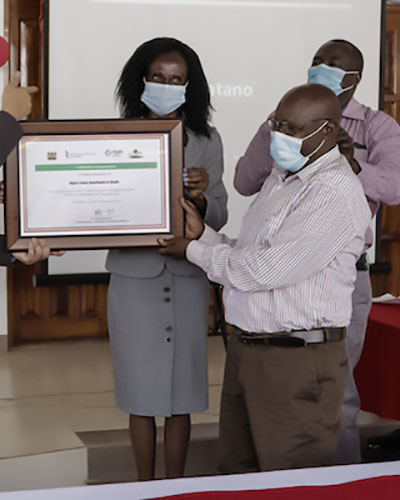
Wednesday, October 27, 2021
Kenya Country Programs Complete Five Years of Impact in HIV Services
September marked the close of Ciheb in Kenya’s two Partnership for Advanced Care and Treatment (PACT) programs, PACT Timiza and PACT Endeleza. Ciheb held closeout events in the three counties that it worked in – Kisii, Migori, and Nairobi City – to commemorate the two programs' accomplishments.
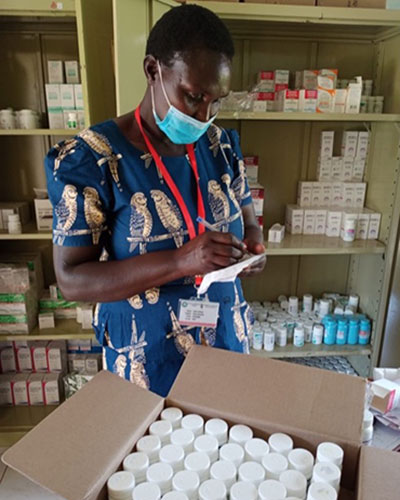
Tuesday, October 12, 2021
Differentiated Service Delivery Improves HIV Care in Western Kenya
HIV care and treatment involves complex needs and a unique set of circumstances for each client, and the conventional one-size-fits-all approach to treatment does not best serve people living with HIV (PLHIV). The client-centered approach known as differentiated service delivery (DSD) provides creative solutions to tailor clinical services to meet the needs of each client, an approach that better serves clients and the Kenyan health system.
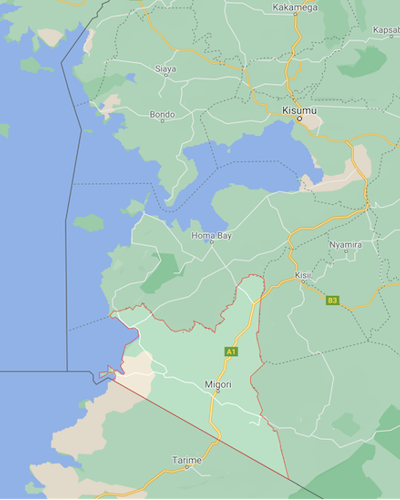
Monday, September 06, 2021
Public Health Impact through Research in HIV and TB in Western Kenya
Kenya has made remarkable strides towards reaching the UNAIDS 95-95-95 HIV targets for epidemic control, and HIV and tuberculosis (TB) services now reach a significant proportion of the Kenyan population.
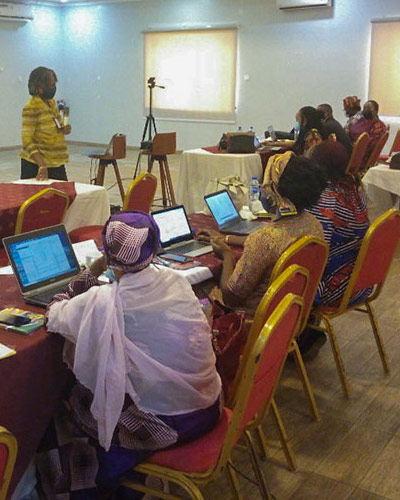
Wednesday, September 01, 2021
Data Demand and Information Use through STATA Training in Nigeria
Ciheb Nigeria, in partnership with the Federal Ministry of Health, recently facilitated a training to promote a culture of data demand among stakeholders to encourage the use of data on the National Data Repository (NDR) to track program outcomes and impact. The training also aimed to build the capacity of the stakeholders to maximize the use of data on the NDR for research.
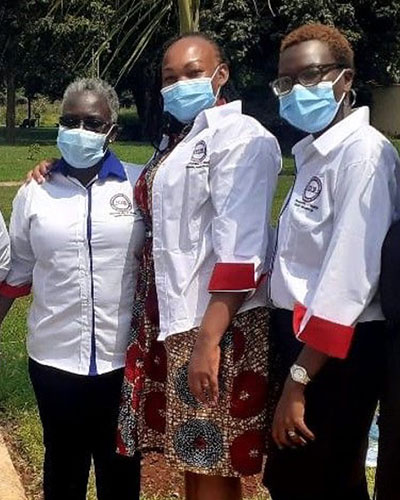
Monday, August 16, 2021
In Kenya, Ciheb Efforts Recognized in Nairobi County CQI Awards
During the summer, the Nairobi Metropolitan Services (NMS) held its annual Health Service Delivery Awards to recognize best-performing health facilities in Nairobi County. Facilities supported by PACT Endeleza won awards in all categories they participated in. NMS evaluated facilities based on their performance in continuous quality improvement metrics.
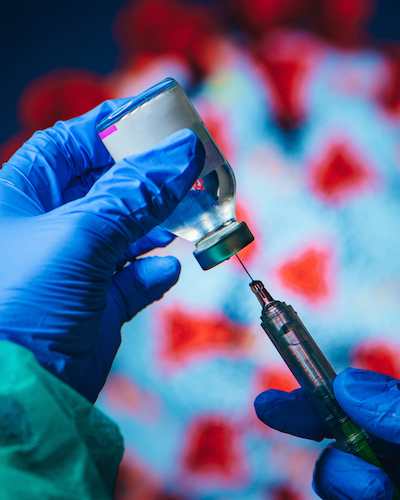
Monday, May 24, 2021
Ciheb-Kenya on the Front Lines of the COVID-19 Vaccine Rollout
Ciheb-Kenya, our local Kenyan partner, has been working with the U.S. Centers for Disease Control and Prevention, the Kenya Ministry of Health, and the National Vaccines and Immunization Programme (NVIP) to support COVID-19 vaccine preparedness through the ongoing Technical Assistance to Ready and Accelerate Capacities of Public Health Programs in Kenya (TRACK) project. Kenya received its first shipment of vaccines several weeks ago and has been moving ahead quickly. As of April 21, a total of 721,509 persons have been vaccinated against COVID-19 countrywide.

